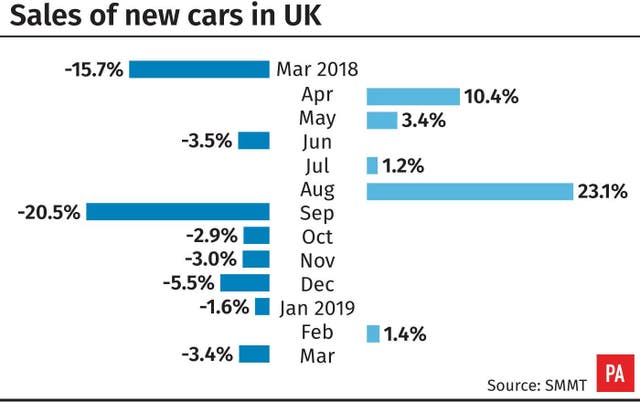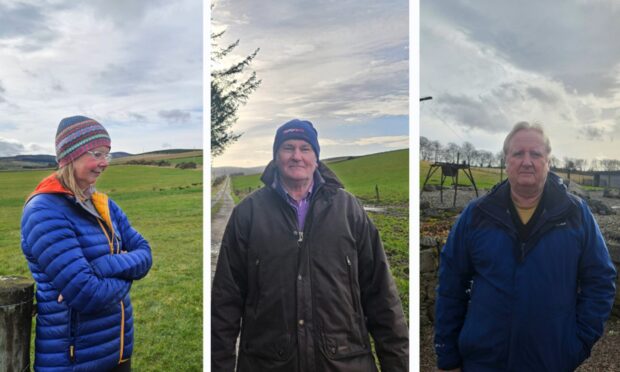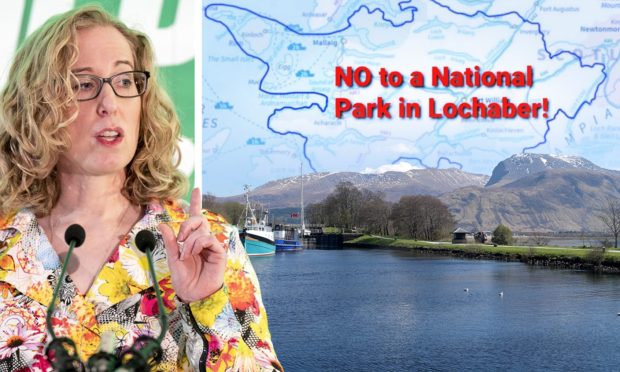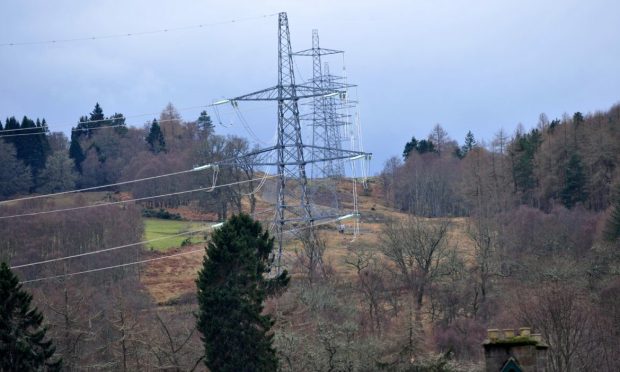Demand for new cars fell 3.4% in March as uncertainty over diesel and Brexit continued to hit consumer confidence, the automotive industry said.
Some 458,000 new cars were registered last month compared with 474,000 during March 2018, the Society of Motor Manufacturers and Traders (SMMT) said.

March is a crucial month for the car industry, as the number plate change traditionally brings buyers into showrooms.
Private and business registrations fell by 2.8% and 44.8% respectively during the month, while fleet sales rose by 0.3%.
Sales of petrol models increased by 5.1% year-on-year last month, while diesels fell by 21.4%.
Demand for alternatively fuelled vehicles such as hybrids and pure electrics increased by 7.6% to take a market share of 5.5%.
There has been growing concern about the impact of diesel car emissions on air quality, and uncertainty about what taxes and restrictions will be introduced on the vehicles.
SMMT chief executive Mike Hawes said: “March is a key barometer for the new car market, so this fall is of clear concern.
“While manufacturers continue to invest in exciting models and cutting-edge tech, for the UK to reap the full benefits of these advances we need a strong market that encourages the adoption of new technology.
UK new car registrations declined by -3.4% last month, as political and economic uncertainty and continuing confusion over diesel affected demand https://t.co/AIUrXaX7M4 pic.twitter.com/osKjUdOYuS
— SMMT (@SMMT) April 4, 2019
“That means supportive policies, not least on vehicle taxation and incentives, to give buyers the confidence to invest in the new car that best meets their driving needs.
“Above all, we urgently need an end to the political and economic uncertainty by removing permanently the threat of a no-deal Brexit and agreeing a future relationship that avoids any additional friction that would increase costs and hence prices.”
Government grants for new low-emission cars were slashed in October last year, meaning hybrid models are no longer eligible for the scheme.
Motoring groups have warned that decision will leave the UK struggling to meet targets to reduce vehicle emissions.
The Department for Transport has announced a plan to ban new diesel and petrol cars and vans in the UK from 2040 in a bid to tackle air pollution.










